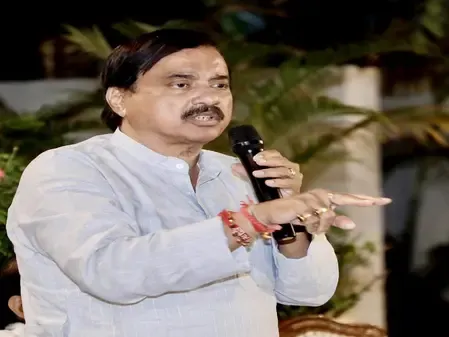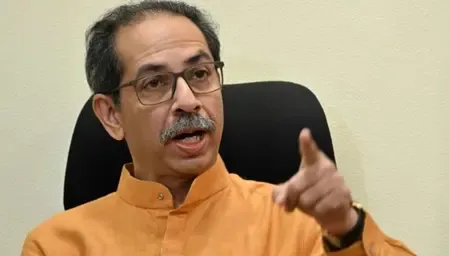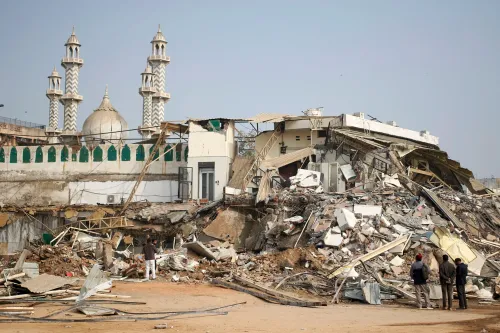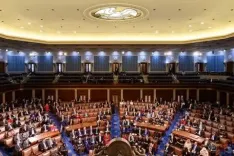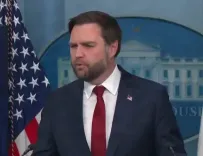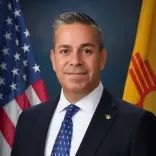Did Farooq Abdullah Endorse a Caste Census for Muslims?
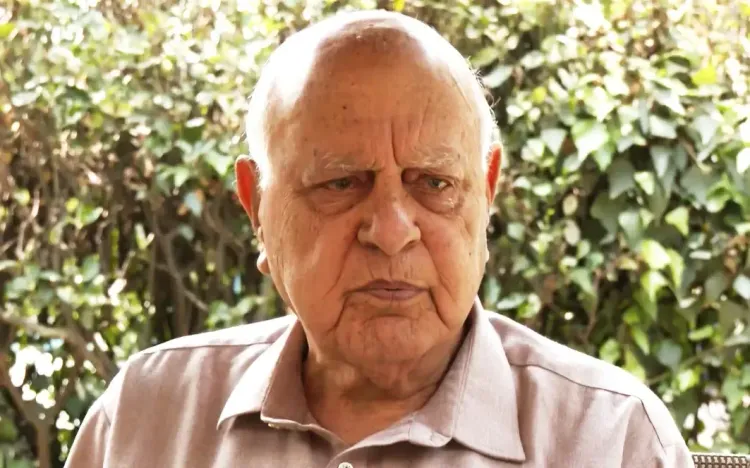
Synopsis
Key Takeaways
- Farooq Abdullah supports the caste census initiative.
- The census aims to highlight the conditions of marginalized Muslims.
- Political leaders from various parties are reacting to the announcement.
- The caste census is viewed as a step towards social justice.
- Concerns about politicization of the census are being raised by leaders like Mayawati.
New Delhi, May 2 (NationPress) Former Union Minister Farooq Abdullah expressed his support for the Prime Minister Narendra Modi-led government's initiative to carry out a caste census, emphasizing that this effort will highlight the plight of marginalized Muslims. He stated, “The caste census is a very good thing. How many Dalits are there, how many Muslims, how many Sikhs, how many Christians, how many Buddhists—everyone will know,” during an interview with IANS.
Abdullah further elaborated on the benefits of the caste census, mentioning, “This country belongs to everyone. The world will understand that this nation is a vibrant tapestry of diverse cultures and beliefs. It’s an encouraging initiative that has been sought for a significant time.”
His endorsement of a caste census for Muslims emerges amid ongoing debates surrounding the topic.
Congress leader Udit Raj has also voiced the necessity of a caste census for Muslims, asserting, “There is no doubt that caste exists among Muslims. During the Mandal Commission, Muslim castes were recognized. If the same approach is employed now, they too will be represented in the caste census. Many castes classified as OBC under the Mandal framework encompass a considerable Muslim population.”
Leaders from the BJP have welcomed the prospect of Pasmanda Muslims being categorized under Other Backward Classes (OBCs) in the forthcoming Census.
Union Minister Dharmendra Pradhan characterized the government’s decision to implement a caste-based census alongside the upcoming population census as ‘futuristic’. He remarked that this initiative underscores the PM Modi-led government's dedication to achieving social justice and fostering empowerment among marginalized communities.
Pradhan stated, “This decision will create a more equitable environment for all societal segments. Its impact will be transformative.”
Bahujan Samaj Party leader Mayawati has criticized both the BJP and Congress for politicizing the caste census issue. In a series of posts on X, the former Uttar Pradesh Chief Minister claimed that the “anti-Bahujan stance” of these national parties continues to deny OBCs their rightful entitlements.
She stated, “The BJP and Congress are now rushing to claim credit for the caste census issue, trying to position themselves as defenders of OBCs. However, their historical actions reveal a consistent pattern of marginalization and exclusion of Bahujan communities.”



